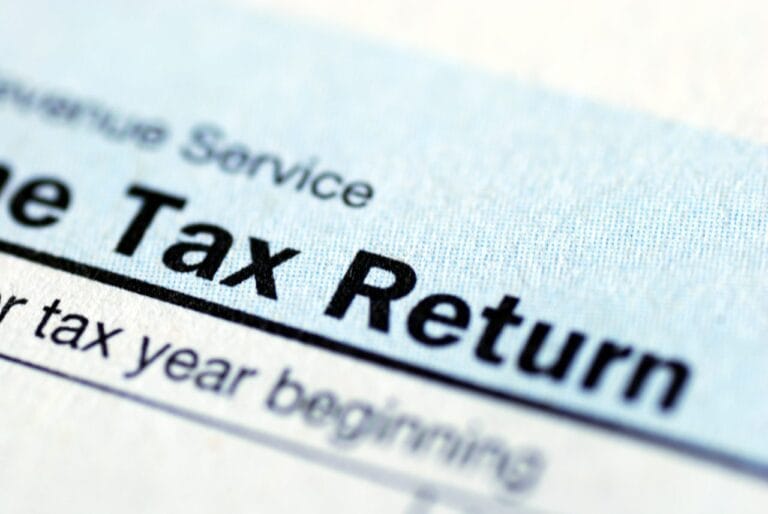🎧 Listen to This Article
As tax season approaches, scammers ramp up their efforts to steal personal and financial information. Fraudsters use deceptive tactics such as impersonating IRS agents, sending phishing emails, and promoting fake tax credits to trick taxpayers into handing over sensitive details.
To help individuals stay vigilant, Taylor Fisher, a postdoctoral research associate at Michigan State University’s School of Criminal Justice, shares insights into the most common tax scams and how to avoid them.
How Do Tax Return Scams Work?
Scammers often promise inflated refunds by encouraging false claims or impersonating legitimate tax preparers. Some pose as IRS officials, demanding immediate payments under the threat of legal action. Others send fraudulent emails, texts, or calls to steal personal data.
Key Red Flags:
- Too-good-to-be-true tax refunds
- Threats of fines or legal action from supposed IRS agents
- Fake links and websites designed to steal information
Common Tax Scams & How to Avoid Them
- Phishing, Smishing, and Vishing Scams
- Scammers use emails, text messages, or phone calls to impersonate the IRS and steal personal details.
- Tip: The IRS never contacts taxpayers via text or social media. Verify all communications by visiting the official IRS website.
- Social Engineering Attacks
- Fraudsters gather personal information from public profiles (LinkedIn, Facebook) to craft realistic scams.
- Tip: Limit personal details on public platforms and verify the sender’s identity before responding.
- Fake Tax Credits & Refunds
- Scammers promote nonexistent or fraudulent tax credits to lure victims into sharing sensitive data.
- Tip: If an offer seems too good to be true, consult a trusted tax professional before proceeding.
- Ghost Tax Preparers
- Fraudulent tax preparers charge fees based on refund size and fail to sign returns, making taxpayers liable for mistakes.
- Tip: Ensure your preparer has an official Preparer Tax Identification Number (PTIN) and never sign a blank return.
Protecting Yourself from Tax Scams
- File early to reduce the risk of scammers filing a fake return in your name.
- Use reputable tax services like TurboTax, H&R Block, or an IRS-authorized preparer.
- Check IRS resources for scam warnings and report suspicious activity immediately.
What to Do If You Fall Victim to a Scam
- Contact your bank and credit card providers to flag any fraudulent activity.
- Freeze your credit to prevent unauthorized accounts from being opened.
- Report the scam to the IRS and Federal Trade Commission (FTC).
By staying informed and cautious, taxpayers can safeguard their finances and avoid falling victim to tax season fraud.
For further details, clarification, contributions, or any concerns regarding this article, please contact us at editorial@tax.news. We value your feedback and are committed to providing accurate and timely information. Please note that our privacy policy will handle all inquiries



